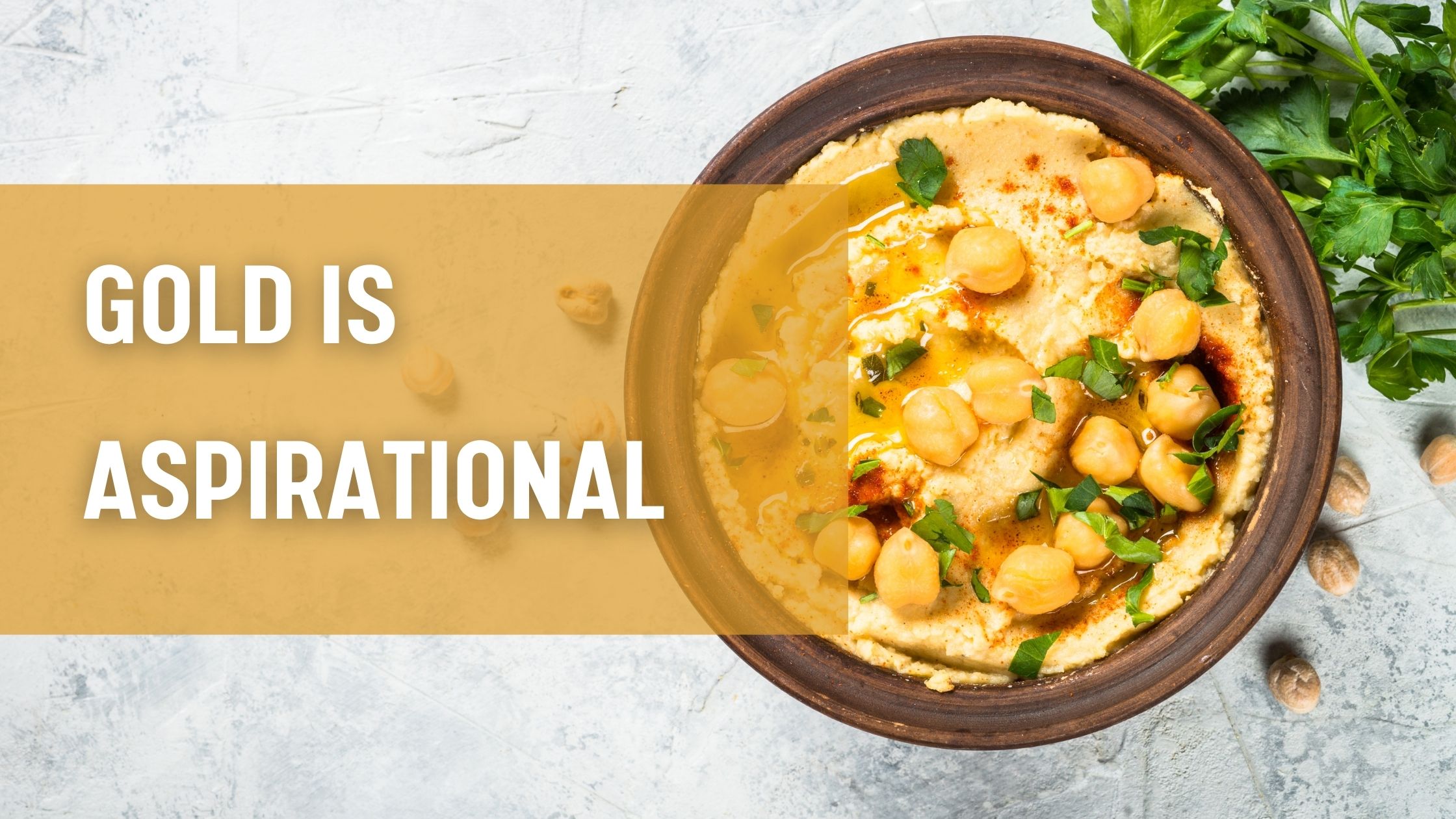With the state-owned firm still to make the first move, private digital gold companies are in wait-and-see mode. This signals that they’re willing to comply, but they want it to be a level playing field.
“Bappebti’s rules are acceptable for us,” says Indogold’s Sjuriah, who also points out the tough requirements set by the regulatory authority for companies that apply after a February 2022 deadline. These latecomers will need to have at least IDR100 billion [US$9 million] in paid up capital. “That’s going to be difficult for [smaller] players.”
Gold is aspirational

While, technically, no digital gold company has the correct Bappebti licence yet, they have continued to operate.
The winning formula seems to be for a digital gold specialist to team up with a larger digital platform that already has millions of daily active users.
Tokopedia has Pegadaian. Bukalapak’s BukaEmas works primarily with Indogold, although “for some offline features, we also work with Pegadaian,” said Arisyiya. Tokopedia’s Widiyasari also emphasised her company is open to collaborating with other players.
Other relevant players include Pluang, which partnered with Gojek’s recently launched GoInvestasi feature. Pluang is backed by the ride-hailing firm’s venture capital arm, GoVentures.
Gojek’s digital gold feature in collaboration with Pluang
For traditional gold brokers like Pegadaian and Indogold, partnering with the likes of Bukalapak and Tokopedia means saving on customer acquisition costs. It also creates a smoother user experience, because digital gold can be seamlessly integrated with other transactions. Being part of a well-known platform also adds credibility and trust, said Sjuriah.
Gold brokers earn from the difference in the buying and selling price, called spread, which is typically around 3%. They have to share a part of the spread with their digital platform hosts, but the advantages make it worth their while.
This makes digital gold a welcome revenue source for digital platforms. It also creates stickiness: users frequently come back to check the price and the current value of their savings. The rising prices in recent months have added urgency to gold buying. “We saw a surge of transactions for three months,” said Sjuriah. It peaked in May, when transactions on Indogold were double the usual amount.
So far, BukaEmas hasn’t seen a surge in people trying to sell their gold while the price is high. Nor has there been a greater demand to withdraw physical gold for safekeeping at home.
On e-mas, said Sumantri, Covid spurred demand, especially from investors who buy small amounts, in the 0.5-10g category. “The other category, those who buy between 25-100g at a time, decreased.” There has also been an uptick in people selling their physical gold—a service that e-mas offers—because fewer gold shops are open. “We can offer them to pick up their gold at home.”
Gold is “a cultural phenomenon,” added Sumantri. “In the second and third tiers, they don’t trust banks. Farmers, for example, will think gold is safer for them.”
Besides, gold is an easy investment concept for a wider population to understand, because: